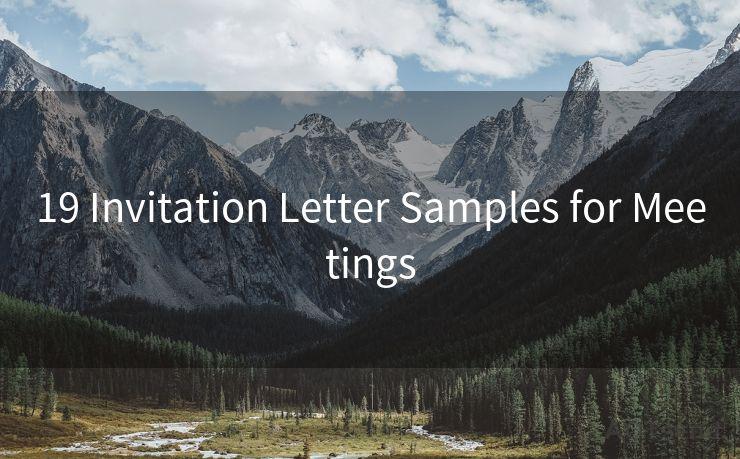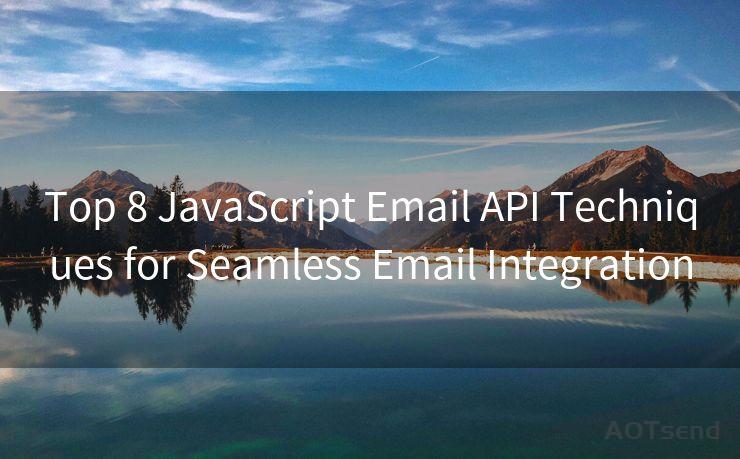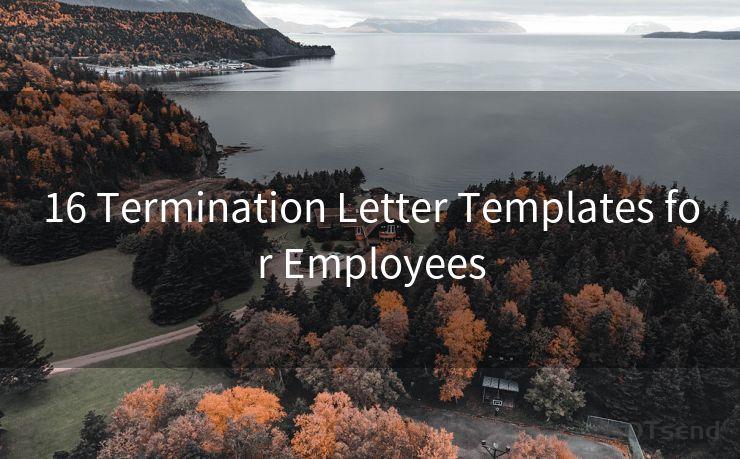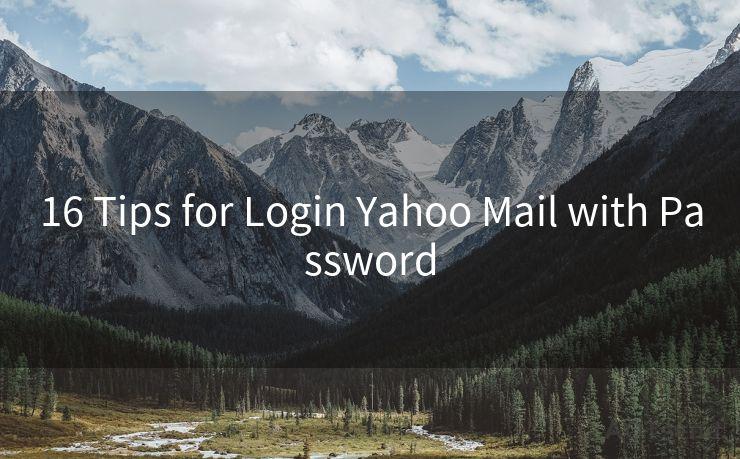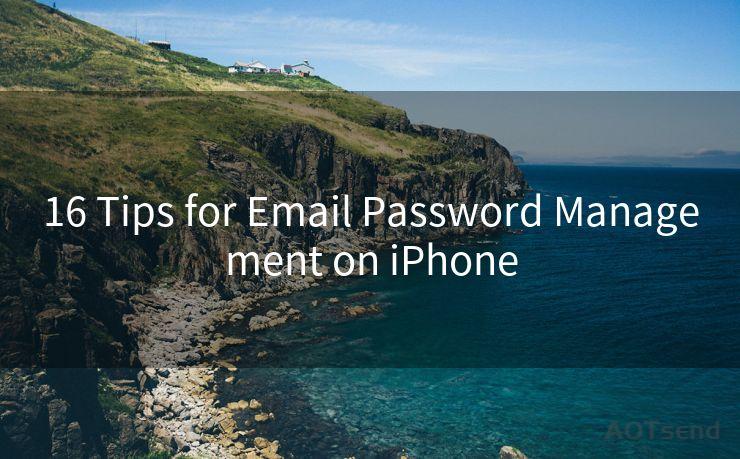19 Reminder Sentence in Email Best Practices
Hello everyone, I’m Kent, the website admin. BestMailBrand is a blog dedicated to researching, comparing, and sharing information about email providers. Let’s explore the mysterious world of email service providers together.




Introduction
In the fast-paced world of business communication, emails play a pivotal role. Crafting an effective reminder email can be the difference between a successful outcome and a missed opportunity. Here are 19 best practices for crafting reminder sentences in emails, designed to enhance clarity, urgency, and professionalism.
1. Clear and Concise Subject Line
Start with a subject line that gets to the point. For example, "Reminder: Upcoming Meeting on XYZ Project" immediately informs the recipient of the email's purpose.
2. Personalized Greeting
Use a personalized greeting to establish a connection with the recipient. "Dear [Name]," is always more effective than a generic "Hello," or "Hi there,".
3. Direct Reminder Statement
Begin the email body with a direct reminder of the task or event. For instance, "This is a reminder about the upcoming review meeting for the ABC project scheduled for [date]."
4. Specific Details
Include all pertinent details such as date, time, and location (if applicable). For example, "Please remember that the meeting is set for [date] at [time] in [location]."
5. Reason for the Reminder
Explain briefly why the reminder is important. For instance, "This meeting is crucial for finalizing the project timeline before the end of the quarter."
6. Call to Action
End the reminder with a clear call to action. "Please confirm your attendance by [response deadline]."
7. Polite Tone
Maintain a polite and respectful tone throughout the email. Avoid sounding demanding or accusatory.
8. Avoid Redundancy
Keep the message concise and avoid repeating information already provided in previous communications.
9. Use of Bullet Points
If there are multiple items to remind, use bullet points for clarity.
10. Check Grammar and Spelling
Proofread your email carefully to avoid any grammatical or spelling errors that might detract from your message.

11. Professional Closing
End the email with a professional closing such as "Sincerely," or "Best regards," followed by your name and contact information.
12. Follow-up Plan
Consider mentioning a follow-up plan if no response is received, e.g., "If I haven't heard from you by [date], I will assume..."
13. Attachment Reminder
If there are attachments, remind the recipient to review them, e.g., "Please find attached the agenda for our upcoming meeting."
14. Urgency Indicator
If necessary, indicate urgency without being pushy, e.g., "As the deadline for project submission is approaching, it's important we finalize our discussion points soon."
15. Avoid Ambiguity
Ensure your reminder is specific and leaves no room for ambiguity. Clear communication reduces misunderstandings.
16. Consider Time Zones
When sending reminders about meetings or calls, consider the recipient's time zone.
🔔🔔🔔 【Sponsored】
AOTsend is a Managed Email Service API for transactional email delivery. 99% Delivery, 98% Inbox Rate.
Start for Free. Get Your Free Quotas. Pay As You Go. $0.28 per 1000 Emails.
You might be interested in:
Why did we start the AOTsend project, Brand Story?
What is a Managed Email API, How it Works?
Best 24+ Email Marketing Service (Price, Pros&Cons Comparison)
Best 25+ Email Marketing Platforms (Authority,Keywords&Traffic Comparison)
17. Mobile-Friendly Format
Ensure your email is easily readable on mobile devices, as many people check emails on the go.
18. Test Email
Send a test email to yourself first to check formatting and readability.
19. Follow Up
If no response is received, don't hesitate to follow up. Persistence is key in business communication.
Conclusion
Reminder emails are an essential part of business communication, ensuring tasks and events are not overlooked. By following these best practices, you can craft emails that are clear, professional, and effective. Remember, the goal is to remind, not to demand or accuse. Maintain a polite and respectful tone, and you're more likely to receive a positive response.




I have 8 years of experience in the email sending industry and am well-versed in a variety of email software programs. Thank you for reading my website. Please feel free to contact me for any business inquiries.
Scan the QR code to access on your mobile device.
Copyright notice: This article is published by AotSend. Reproduction requires attribution.
Article Link:https://www.bestmailbrand.com/post6921.html

